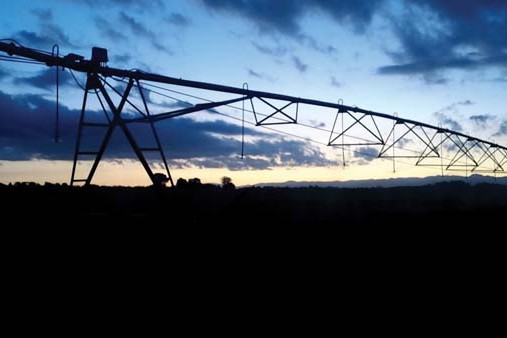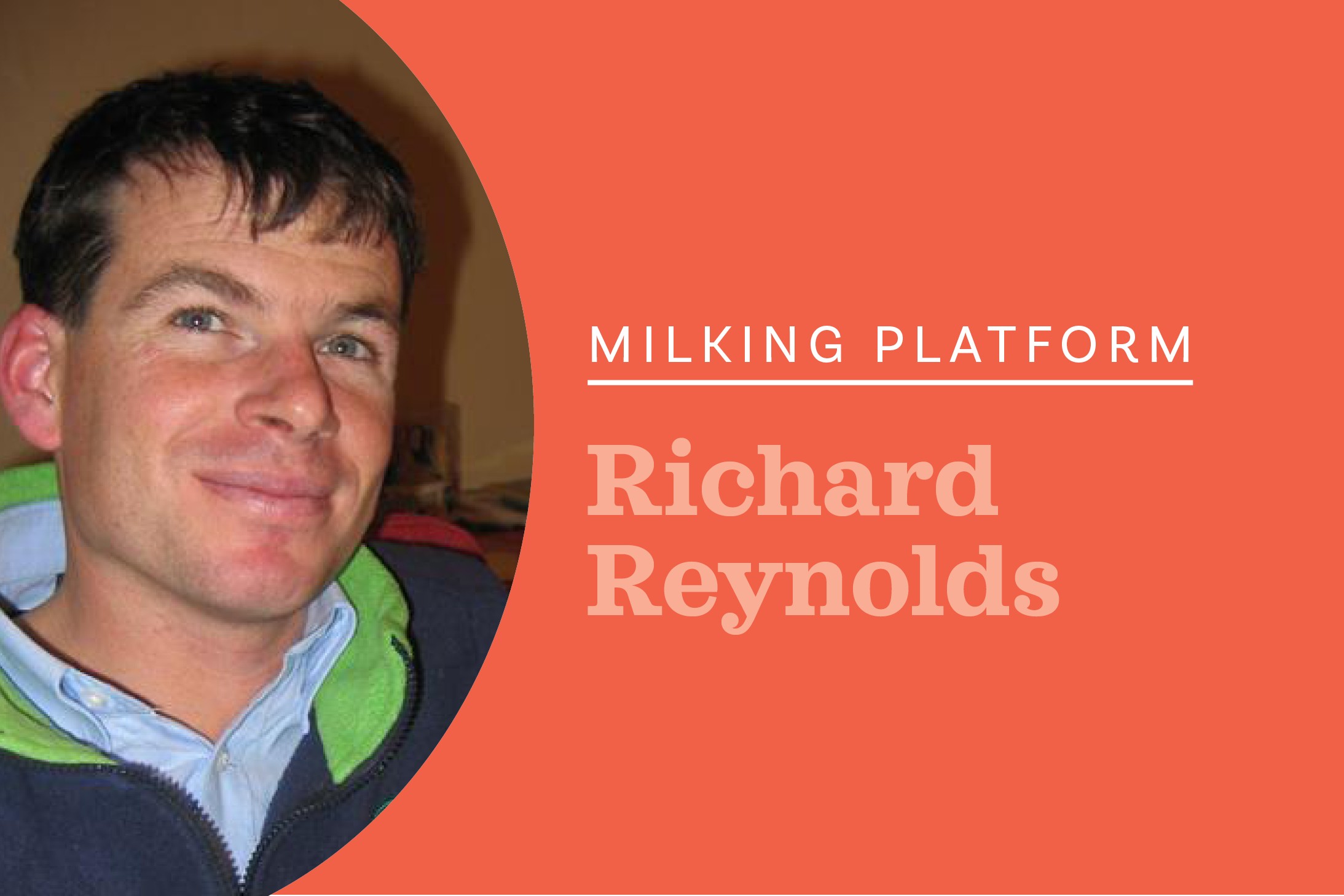Despite the rain, the family are settling into life on the new farms, writes Trish Rankin.
It’s been a long, wet winter and calving season here in Taranaki. Balance date for grass growth was two or three weeks later than usual which put some feed pinch on many farms. Heading into mating this was a challenge trying to ensure cows were happy and on a rising plane of nutrition.
Sunshine was really lacking during September and October but hopefully the weather is going into November more settled.
The kids and I have been exploring the new farm(s) we are on, finding some beautiful pockets of streams, views of Taranaki Maunga and enjoying seeing the beautiful Jersey calves (and their Gumboot Friday and IHC calf buddies) flit around the paddocks.
One exciting thing happening in Taranaki, is the development of Taranaki Catchment Communities which has been the establishment of 14 farmer-led, farmer-driven groups working on a range of goals from understanding water policy, looking at agri-tech, developing recreation areas alongside farms and – one of particular interest to me – reducing farm waste to landfill and the opportunities around this for improvement.
In 2019, I completed a Kellogg Rural project on waste (found here https://ruralleaders.co.nz/what-a-waste-mystory-trish-rankin-2/) and from that has stemmed a small but growing role for me where I can engage with groups of farmers with the aim of setting one new goal for farm waste management a month which will result in 12 better actions a year.
Many people may find setting a small goal is much more manageable than trying to do it all at once. Some great ways to start improving a farm waste system include buying baleage recycling bags to be able to store baleage wrap in and then phoning Plasback to collect them when they are full.
It is a great idea to have these bags located where the baleage is opened so they can be put straight into the bag reducing any possible dirt contamination.
Plasback has an app where you can put the order in for collection and the service has been constantly improving over the last 24 months. Another goal could be having a recycling system set up on farms at the dairy shed for farm waste which means that all recyclable items like cardboard packaging can be separated out from landfill waste.
Realising that on most farms there isn’t a curbside pick up, getting the recycling to the nearest recycling station can be seen as a challenge, but it is just about developing a habit. For example, when you have filled a container, put it in the back of the car, and when going to town drop it in. Or roster staff on ‘Farm Day Friday’ where you might do lots of farm tidy-up jobs and one person on the team has this responsibility.
The opportunities to improve our waste behaviour on farms are there and this is an area farmers can manage to improve without requiring legislation or regulation to drive a behaviour.
If anyone would like any further ideas feel free to get in touch or I have a website that will keep having information added to it www.porohita.com





